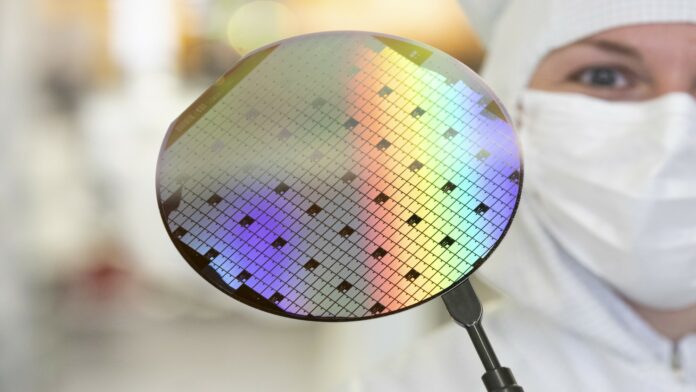Bosch is increasing its focus on semiconductor production to keep up with the current shortage of chips. The company is investing an additional $296 million, on top of the $473 million it Bosch it already committed to spending in 2022 last year, for new manufacturing facilities.
Most of the capital of the year 2021 was allocated to the new 300 millimeter wafer manufacturing plant. Bosch in Dresden, with around 57 million reserved for Reutlingen, near Stuttgart, where Bosch production began in December. This new funding will go almost exclusively to Reutlingen to create new production space and a total of 44.000 square meters of modern clean room by 2025, a move the company is taking in response to growing demand for semiconductors and electromechanical microsystems. (MEMS) in the automotive and consumer electronics markets.
"Bosch is already a leading manufacturer of chips for automotive applications," said Markus Heyn, member of the board of directors of Bosch and president of the Mobility Solutions business sector, in a statement "and this is a position that we intend to consolidate."
Clean rooms are specially built and closed so that factors such as airborne particles, temperature, lighting, noise, air pressure and other environmental factors can be strictly controlled. Since the semiconductors of Bosch, like many others, are made from silicon carbide, the manufacturing process requires absolute quality: the silicon is found in sand and must be refined before it can be used for manufacturing. This is an incredibly precise process that can be ruled out entirely if even a small speck of dust were to land on the chip at the wrong time.
"We are systematically expanding our semiconductor manufacturing capacity in Reutlingen," said Dr. Stefan Hartung, Chairman of the Board of Management of Bosch. "This new investment will not only strengthen our competitive position, but also benefit our customers and help combat the crisis in the semiconductor supply chain."
The Reutlingen wafer factories will produce 6-inch and 8-inch wafers. 6-inch wafers aren't used as widely as 8- or 12-inch wafers today, but the process can reduce the cost of producing semiconductor products like LEDs and sensors. There has been a shortage of specifically 8-inch wafers since 2019, and these have mostly been used in things like sensors, MCUs, and wireless communication chips. The Reutlingen expansion will serve growing demand for MEMs in the automotive and consumer and silicon carbide power semiconductor sectors, says Bosch.
The Dresden facility of Bosch they will produce more 12-inch silicon chips, which are used to make high-performance products such as CPUs, logic ICs and memory.
“AI methods combined with connectivity have helped us achieve continuous data-driven improvement in manufacturing and thus produce better and better chips,” said Heyn. “This includes the development of software to enable automated classification of defects. Bosch it is also using AI to improve material flows. With its high level of automation, this state-of-the-art production environment in Reutlingen will safeguard the future of the plant and the jobs of the people who work there."
Bosch it also plans to expand an existing power supply facility, constructing an additional building for media supply systems. The new production area should start operations in 2025.




